
Mericlone or Seedling? How to Choose the Right Orchid for You
Posted by Kamaile O. on Feb 12th 2024
Orchids are among the most diverse and beautiful plants in the world. They produce blooms in a variety of shapes, colors, and sizes, and they can brighten up any space with their exotic charm.
A key contribution to the variety comes from the way they are created. Depending on how they are propagated, orchids can be classified into two main types: mericlones and seedlings.
Knowing how they differ may help you decide which orchids are best for you.
What is a Mericlone Orchid?
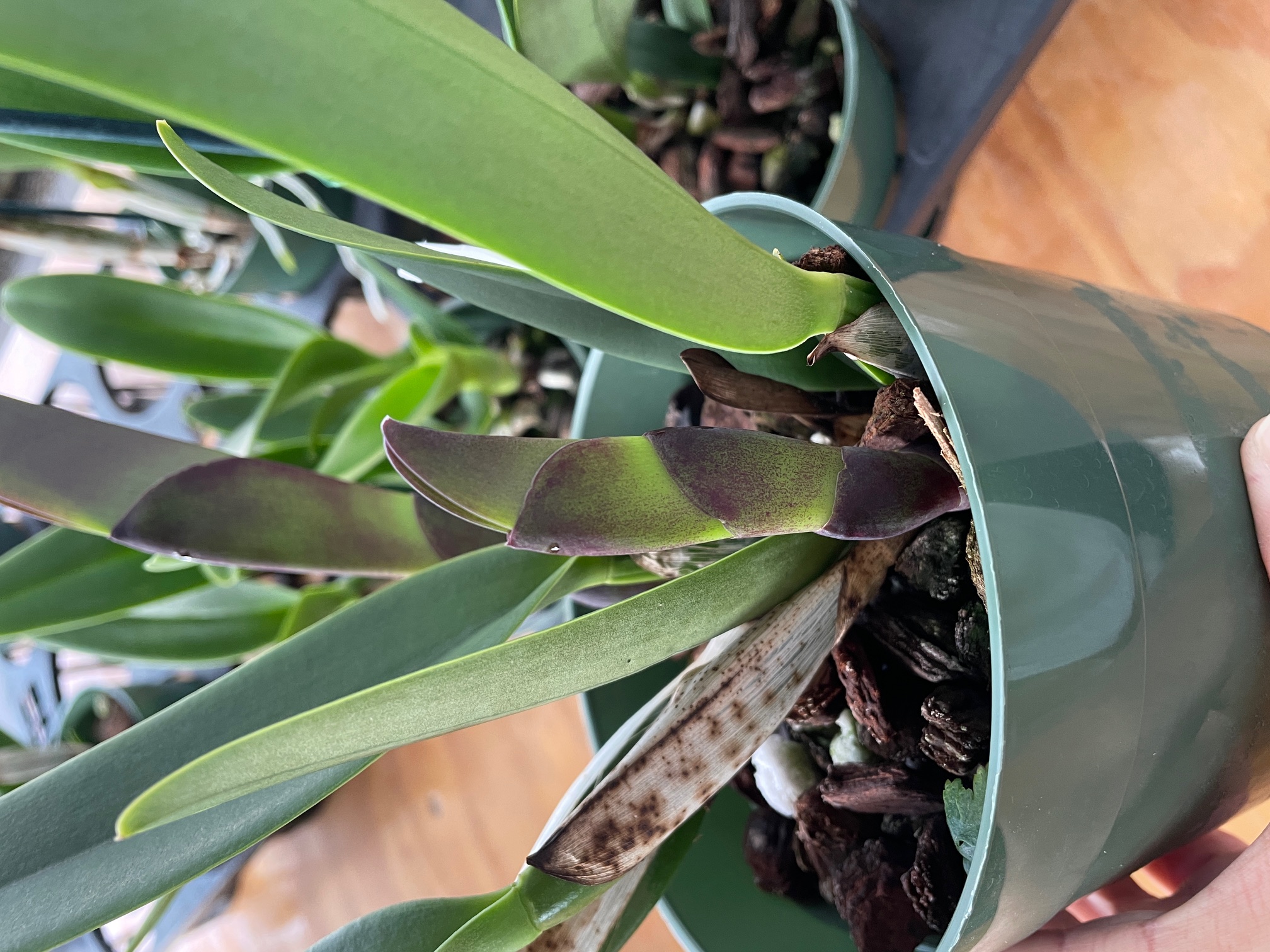
A mericlone orchid is an orchid that is genetically identical to its parent plant. It is produced by taking a small piece of tissue from a selected orchid, usually one that has won awards or has exceptional qualities, and growing it in a laboratory into multiple copies of the same plant. This process is called tissue culture or meristem culture, and it ensures that every mericlone orchid will have the same characteristics as the original plant, such as flower shape, color, size, fragrance, and blooming season.
When a plant is clone, the specific variety name is also attached to the plant after the registered name in single quotation marks. See an example of clone tags here:
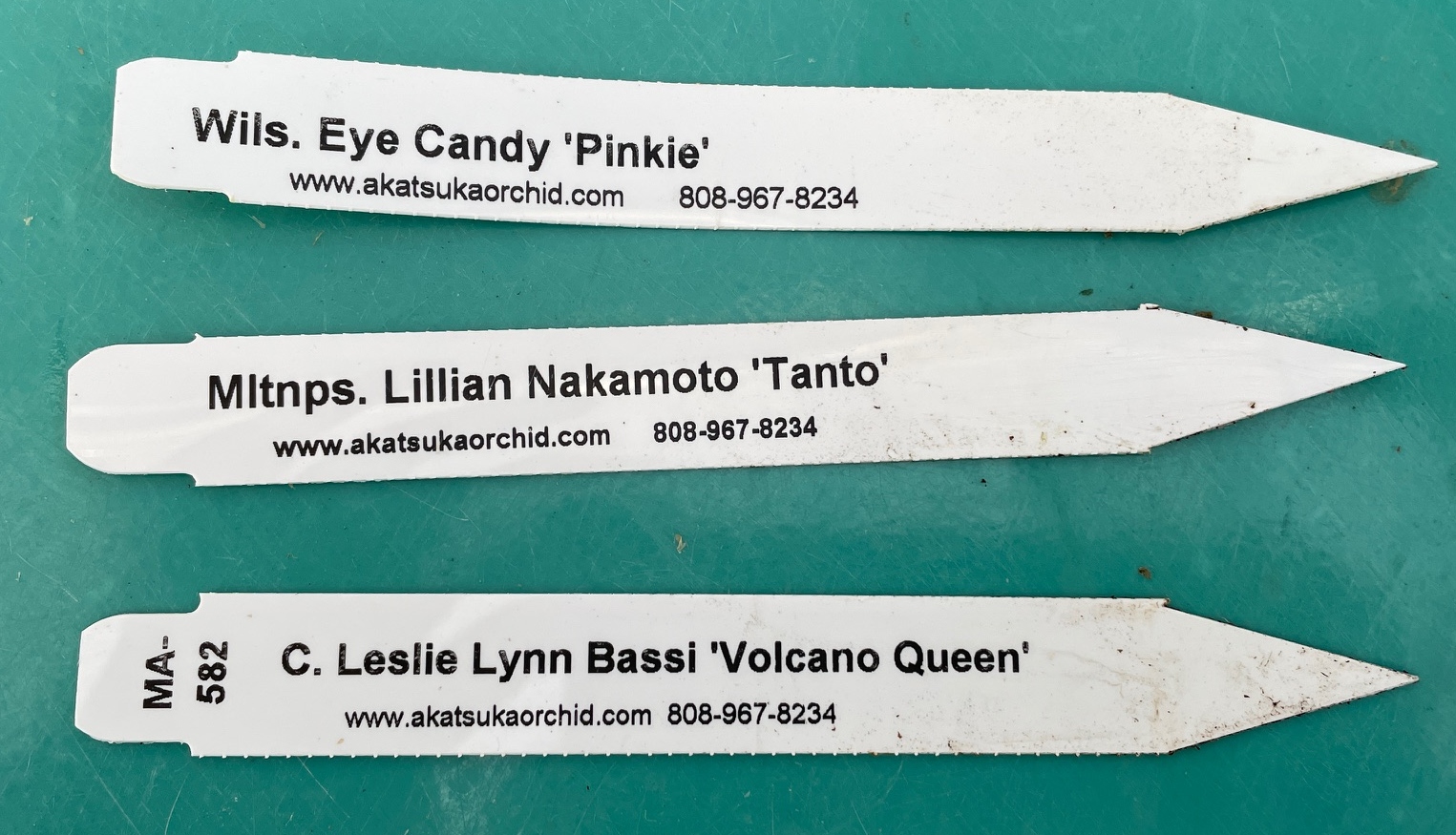
What is a Seedling Orchid?
A seedling orchid is an orchid that is the result of reproduction between two different orchids.
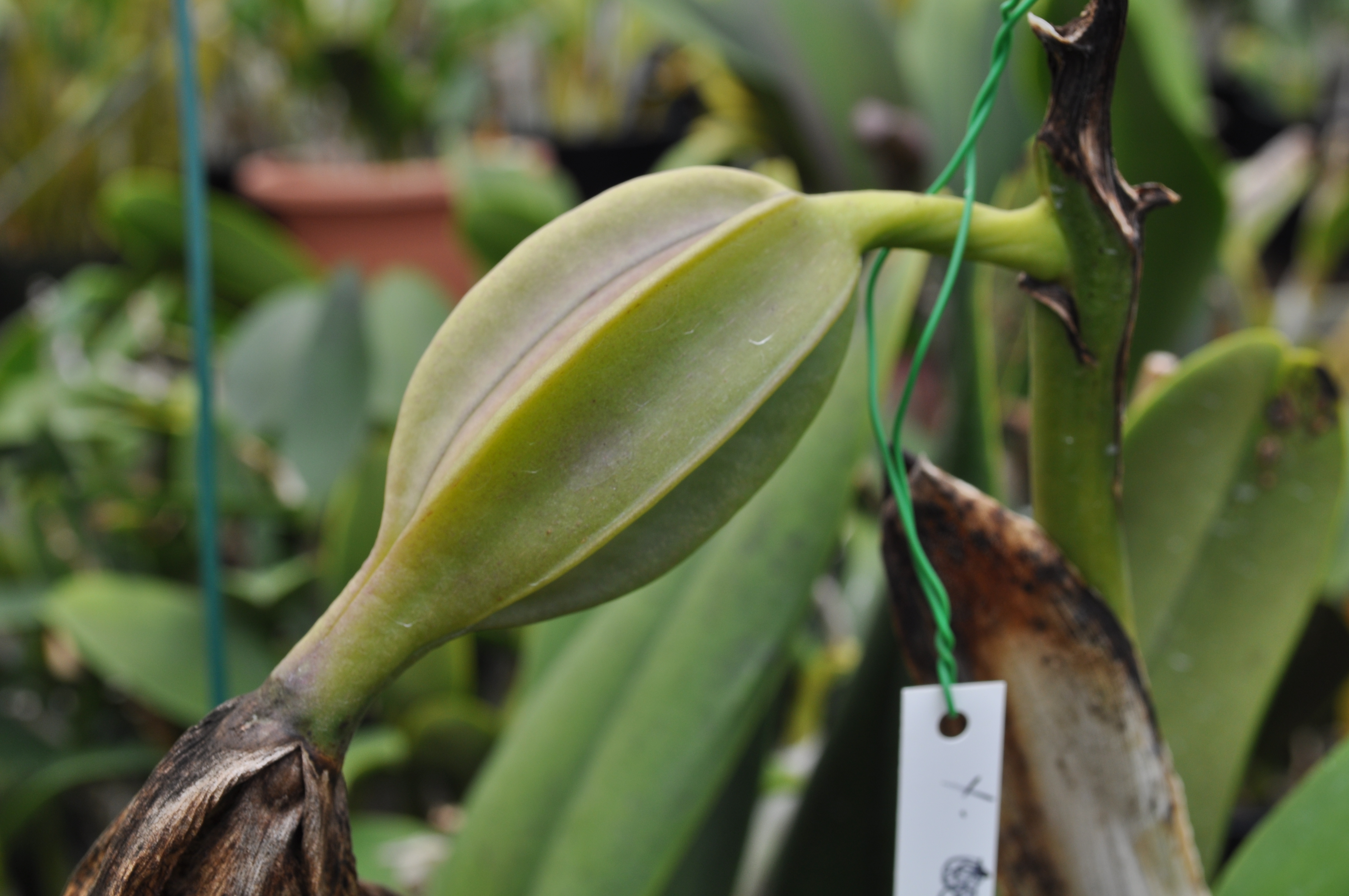
This process involves pollinating the flowers of one orchid with the pollen of another orchid, either of the same or different species and collecting the seeds that are produced. The seeds are then germinated and grown into plants, either in a flask or in a pot.
Unlike mericlones, seedling orchids are not identical to their parents, but rather a combination of their genes. This means that every seedling orchid will be unique, and may have different features from its parents or siblings.
Here are a few of the various types of seedling crosses that may sometimes be shown on a plant tag:
- X sib - a species crossed with a sibling plant ex.
- X self- an plant bred with two flowers on the same orchid.
By looking at the tags below you can tell that this plant is a cross made from seed. The plant could be registered however if there is no variety name that follows it is a cross. You can also tell that the plant is a cross because it will still be unregistered and both parents names will be notated on the name tag.
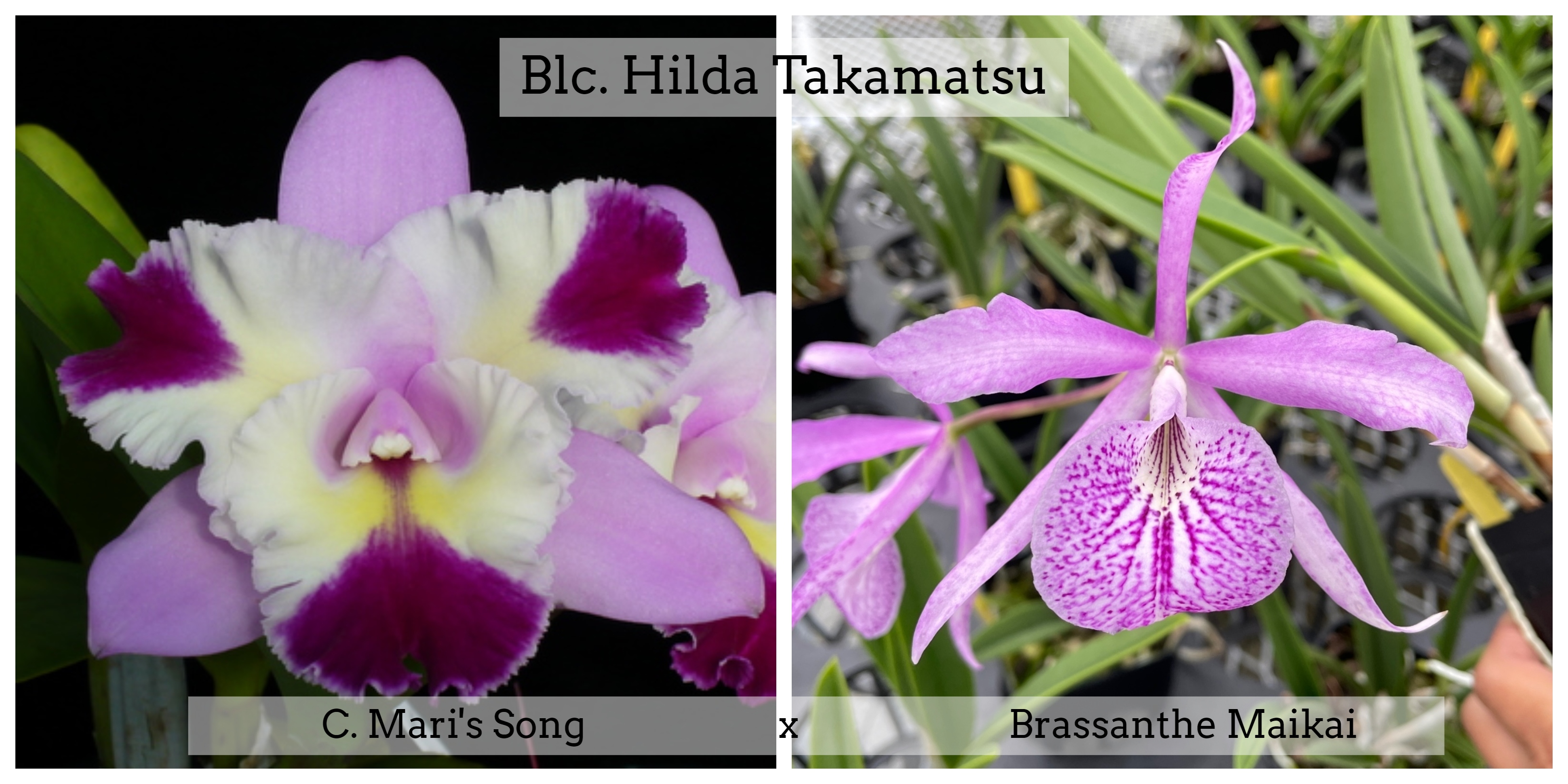
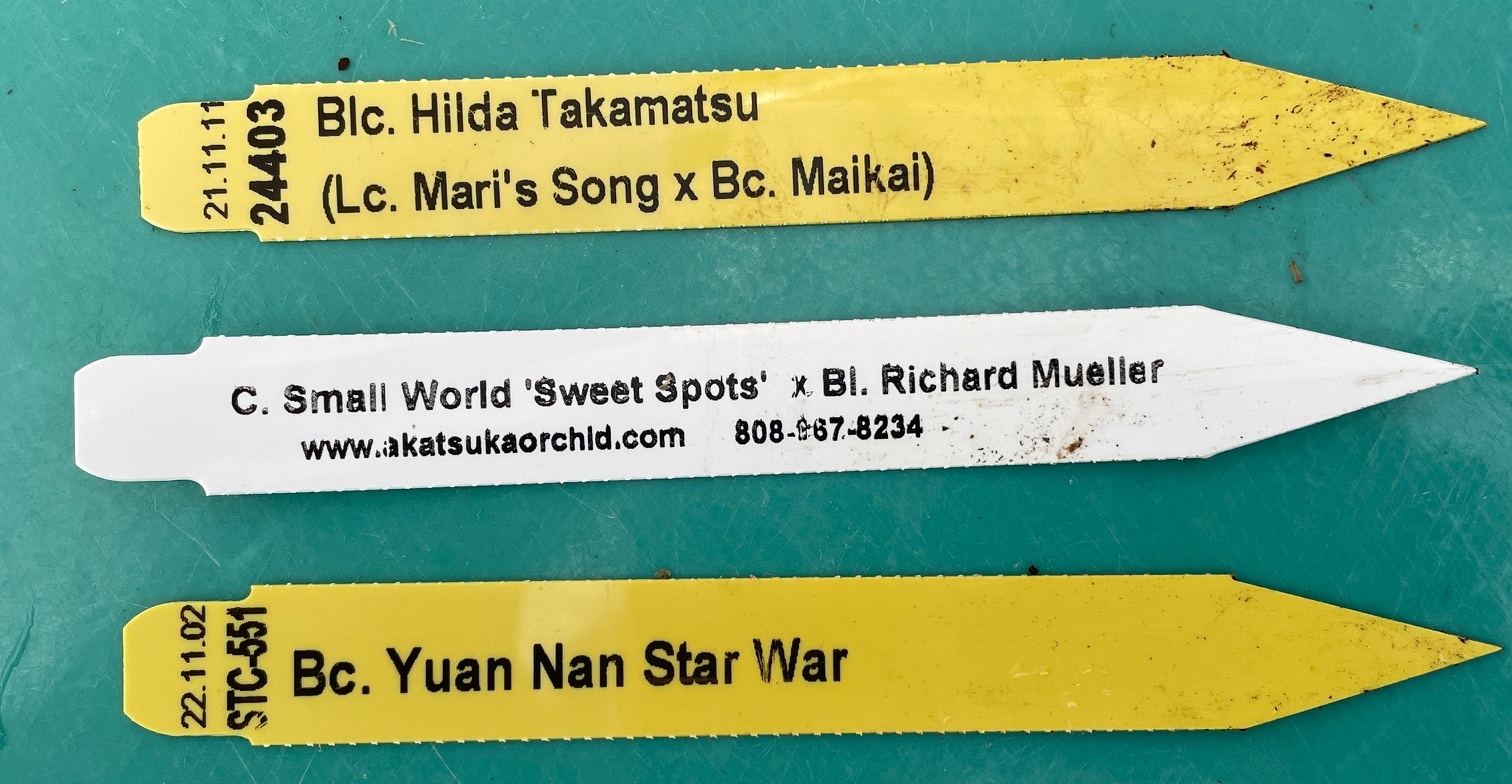
Mericlone or Seedling: Which One Should You Choose?
Both mericlones and seedlings have their advantages and disadvantages, and the choice depends on your personal preference and budget.
Here are some factors to consider when choosing between mericlones and seedlings:
- Quality: If you want to have a guaranteed high-quality orchid, with a proven track record of performance and beauty, then a mericlone is the way to go. You will know exactly what you are getting, and you will not be disappointed by the outcome as our orchids go through a meticulous selection process ensuring only the best are cloned.
However, if you like surprises and enjoy the thrill of discovering new and unique orchids, then a seedling may be more appealing to you. You may find a hidden gem among the seedlings. It’s a gamble, but it can also be fun and rewarding.
- Price: Generally speaking, mericlones are a little more expensive than seedlings, because they are more costly and time-consuming to produce. Mericlones are also more in demand, especially if they are clones of famous or award-winning orchids. Seedlings are cheaper, because they are easier and faster to produce, and they are more abundant. However, the price of seedlings may vary depending on the quality and rarity of their parents. Some seedlings may be more expensive than mericlones, if they come from rare or highly sought-after crosses.
- Variety: If you like to have a diverse and colorful collection of orchids, then seedlings may offer you more variety and options. You can find seedlings from many different crosses, and you can experiment with different combinations and hybrids. You may also discover new and exciting orchids that have not been seen before. Mericlones, on the other hand, may limit your variety, as you will only have clones of the same orchid. However, you can still find mericlones from different species and genera, and you can appreciate the consistency and reliability of their flowers.
There is no right or wrong answer when it comes to choosing between mericlones and seedlings. Both types of orchids have their pros and cons, and it ultimately depends on your personal taste and goals.
Whether you prefer mericlones or seedlings, the most important thing is to enjoy your orchids and take good care of them.
Orchids are amazing plants that can bring you joy and satisfaction, no matter what type they are. Happy growing!
